Barbecued pork is a very typical dish in Cantonese cuisine. Fork barbecue meat is a kind of barbecue meat. It refers to pork and poultry meat qualified by veterinary examination. It is a kind of cooked meat product made from soy sauce, salt, sugar, wine and other condiments, which are salted and put on a special fork and roasted by electricity or charcoal. It is a kind of Guangdong barbecue. More red, lean meat made, slightly sweet. The pickled pork is hung on a specially made fork and barbecued in a furnace. Good barbecued pork should be tender and juicy, with bright color and fragrance. Among them, the balance of fat and lean meat is the best. It is called "half fat and thin".
Grilled Pork is a kind of pork cooked with fork. In the past, the pork cooked with fork was cut, the fork was hieroglyphic, and the word cooked with iconic sound. Over time, it became the name of a dish, fork cooked. "Barbecued pork" was developed from "plug burning". Intercalation is the addition of * * the pork tenderloin to the roast whole pig belly and barbecue. Because the best place to roast whole pigs is * tenderloin. But a pig has only two pieces of *, which is difficult to satisfy the needs of the family. So people came up with the idea of burning. But this can only be inserted into a few, and more can not be burned. Later, it changed to cook several pieces of tenderloin by stringing them together and forking them. Over time, the name of fork-burning was replaced by fork-burning.
For professionals, fork burning can be divided into two types: low-cabinet and kitchen. Because of different tastes and different tastes, fork burning in kitchen can be divided into kitchen and snacks. Dim sum is usually used for fork burning and crisp cooking. Dim sum burning is mostly done in pot and dried juice, and the taste is very good. Later, it is changed to cooking. The fork-burning of wax stalls is cut into "nail slices" and wrapped in pastries to enjoy the good taste. The kitchen fork-burning is used for fried rice, scrambled eggs, etc. Because it has to be processed again, so the requirements are not very high, as long as the outside of pork is dyed red with red pollen and baked side can be reserved.
When it comes to "low cabinet" barbecue, it is very particular about selecting materials. It must be "Liu gun" * that is, a salty pork willow behind the back of a pig's spine. It will have a good effect of twisting and juicy and meat flavour. The barbecued pork must be "fat and thin". In order to attract more customers and brainstorm, today's chefs have taken a step forward in making the taste of fork-roast, creating a unique "crisp-skinned fork-roast", which has both the advantages of the former and the advantages of being crisp, tender and juicy when enjoying, which surpasses all the advantages of fork-roast in the past few years in Guangzhou. Big restaurant hotel is very popular, and burning wax master developed "black pepper charcoal burning pork neck meat" its advantage is to absorb the Western-style pickled ham method, improved production, fragrant and crisp taste, slightly spicy and refreshing, whether with meals or wine, are the best choice.
Pork is now an important animal food on people's table. * pig meat contains rich protein, fat, vitamins and so on, and its meat is tender and easy to digest. Pork provides high quality protein and essential fatty acids for human beings. Pork can provide heme (organic iron) and promote iron absorption of cysteine, can improve iron deficiency anemia.
Gan Gan salty, sexual Ping, into the spleen, stomach, kidney meridian; nourishing kidney, nourishing blood, nourishing yin and moistening dryness;
Mainly treats fever injury, thirst and thin, kidney weakness, postpartum blood deficiency, dry cough, constipation, tonifying deficiency, nourishing yin, moistening dryness, nourishing liver and yin, moisturizing skin, diuresis and quenching thirst.
The elderly, pregnant women, obese and hyperlipidemia patients eat as little as possible.
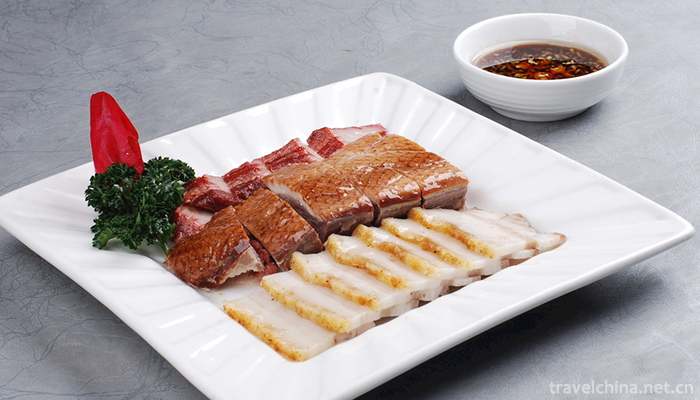
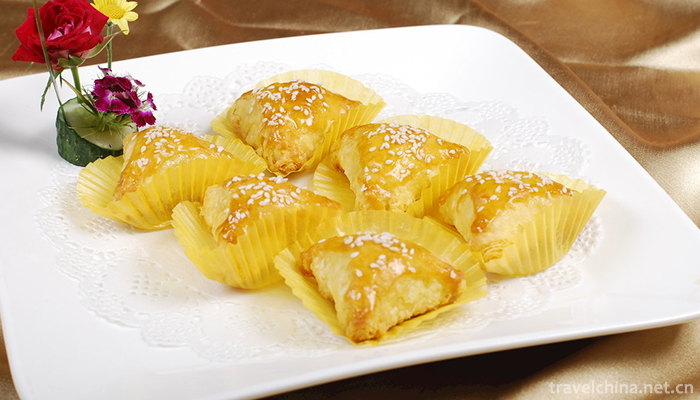
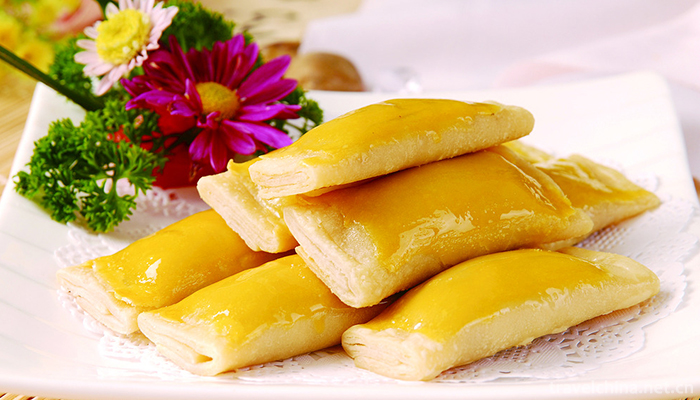
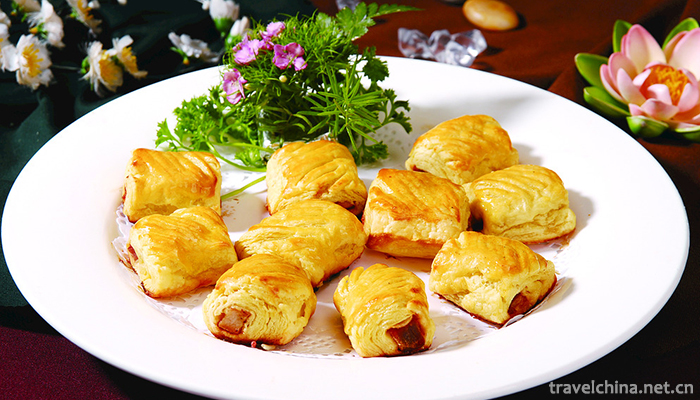
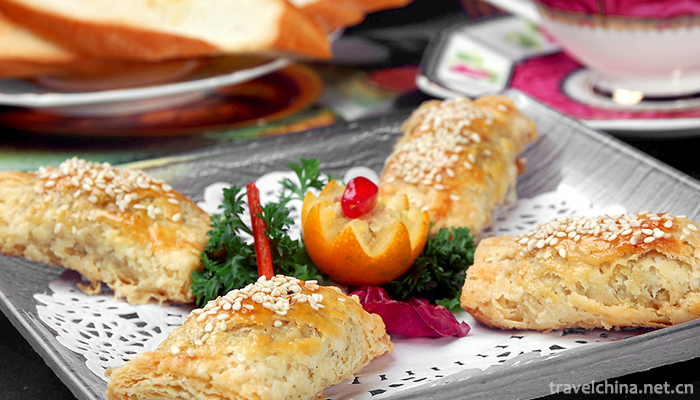
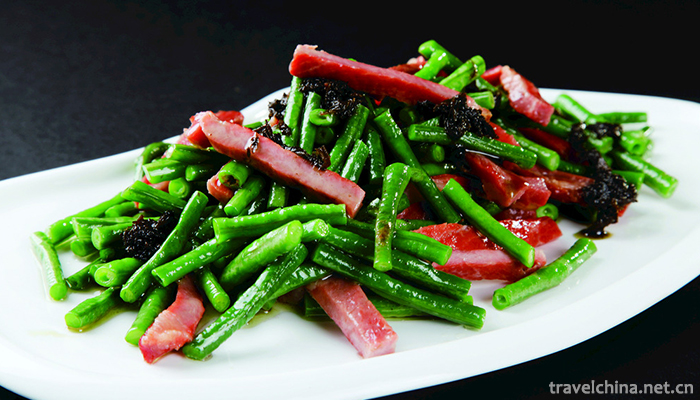
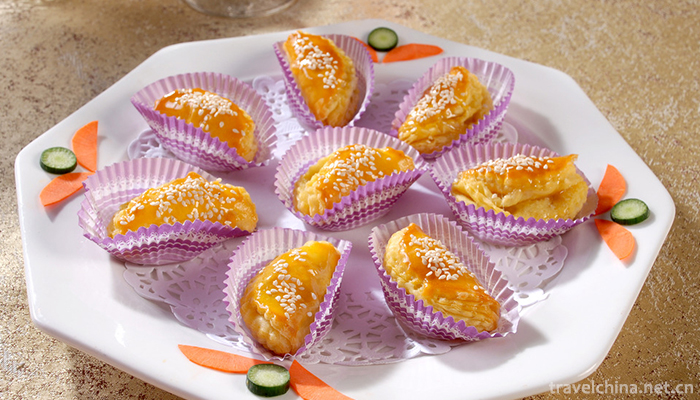
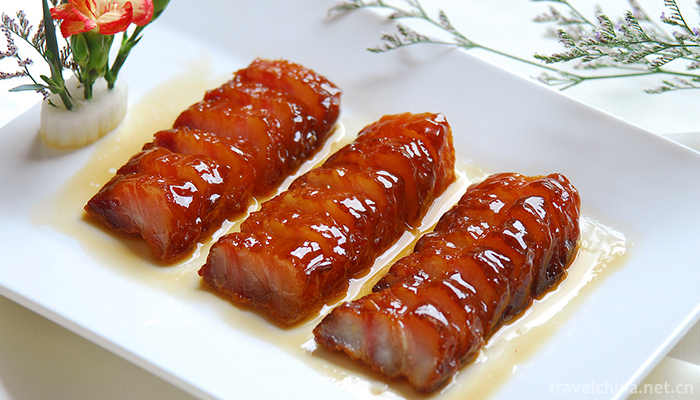
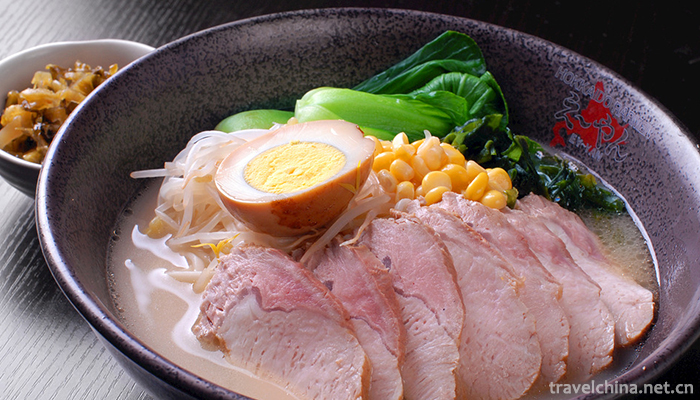
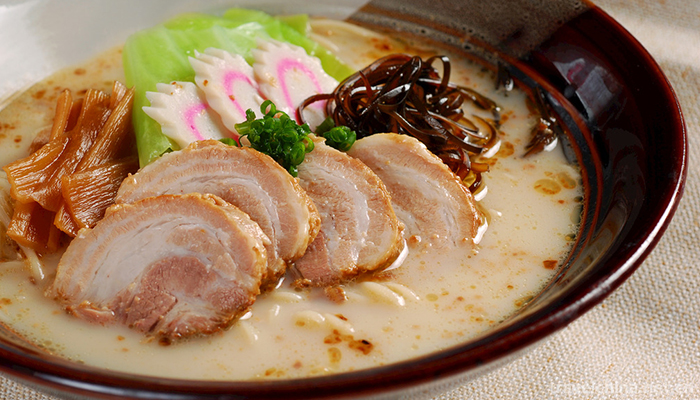
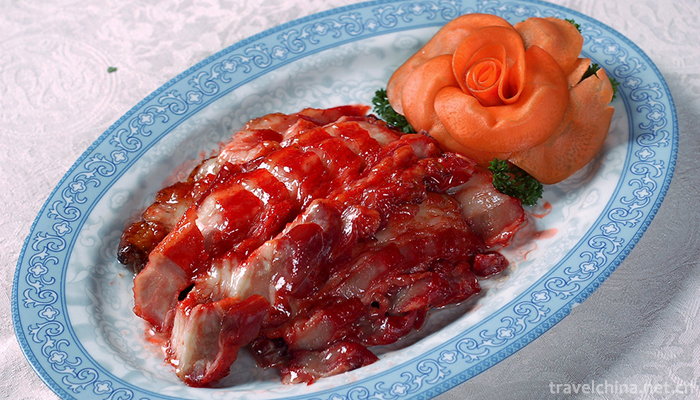
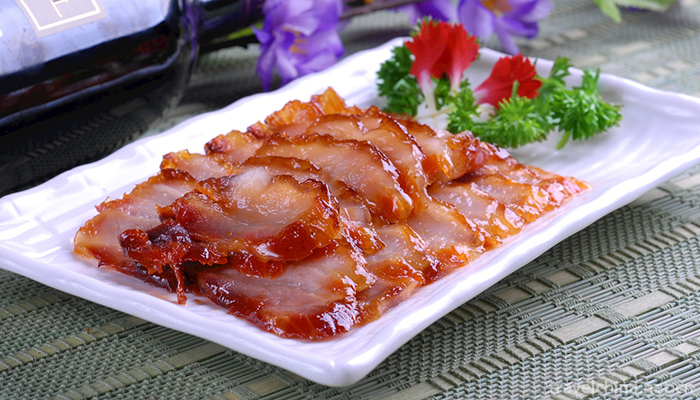
0 Questions
Ask a Question
Your email address will not be published.